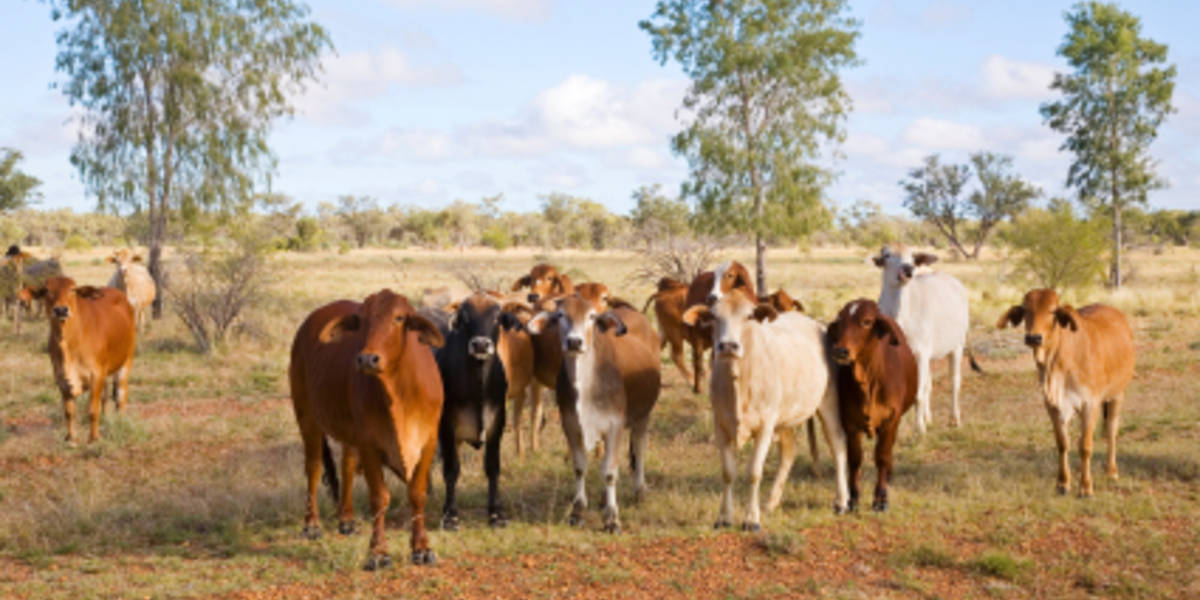Nigeria is the largest producer of livestock (cattle, sheep, and goat) in West Africa but also the largest importer of processed milk in the region, spending a whopping sum of approximately 1.3 billion dollars per annum for milk importation.
Around 30% of animals slaughtered in Nigeria come from other countries like Chad and the Niger Republic.
- We ‘ll sanitise meat and poultry production – DG Kaduna Livestock Authority
- Maigatari: Inside Africa’s ‘mother of livestock markets’
Other livestock products, though banned still find their way into the country through other routes.
This is indicating that the Nigerian livestock sector is underdeveloped. Improved knowledge and practices in modern production techniques can be communicated through livestock extension agents.
However, the Nigerian livestock sub-sector has not received maximum attention with regards to agricultural extension services, this is evident in the number of Extension Agents at the State’s Agricultural Development Projects (ADP) centers that are more focused on crops rather than livestock.
Therefore, improving agricultural extension service delivery for the Nigerian livestock sub-sector can be a pathway out of poverty for smallholder farmers because the livestock sector is equally central to livelihoods like the crop sub-sector.
Across the world, over 1 billion people depend on livestock for farm power, manure, income, food, and nutrition security.
Nigeria has a population of 34.5 million goats, 22.1 million sheep, and 13.9 million cattle, mostly concentrated in the northern part of the country.
While the crop sub-sector dominates the farming systems and accounts for more than 80 percent of agricultural GDP, the livestock sector is also an integral part of rural livelihoods.
In many communities, almost all farming households keep livestock such as cattle, sheep, goats, pigs, poultry, and others that can be referred to as small ruminants even though the nomads dominate the cattle subsector.
Livestock farming is also an alternative source of income for farmers and provides an essential component of the diet.
However, there is a paucity of data in the livestock sub-sector.
For example, it is difficult to know how many households can access any information on animal husbandry against 60 percent of Nigerian households accessing the information on modern technology for crop farming.
Aside from the issue of the scarcity of extension agents for the livestock in Nigeria, the sector is bedeviled with challenges such as low productive breeds, inadequate access to feeds and grazing lands, frequent farmer-pastoralist conflicts, lack of processing facilities, low-value addition, and low technical inputs in the management of the animals, including diseases.
An improved livestock extension service delivery can support farmers with knowledge and technologies to address these challenges to create new opportunities for farmers and provide diversified sources of income and more affordable and healthier diets for the populace.
To improve the livestock extension service system, firstly, the states must deliberately continue to take the responsibility of providing agricultural extension services for all components of agriculture including livestock, particularly for rural farmers who cannot pay for private extension services.
Secondly, the process of recruitment of ADP staff should create a certain percentage share for livestock and other components of the agricultural landscape.
This means that if the ADPs are recruiting 100 extension agents, about 30 percent of them should be specifically animal scientists, fishery and forestry graduate, and veterinary medicine graduates.
Thirdly, there is the need for training and retraining of existing extension agents on animal husbandry and management in case there will be no recruitments soon.
Also, specific departments and directorates for livestock should be created in all ADPs to take care of issues related to livestock development.
The government should create structures that can catalyse value addition (e.g. export markets) for the livestock value chains.
It is noteworthy to state that the livestock production process generally consists of value chain activities such as breeding, dairy production, cultivating, fattening, medicine, and many more including animal by-products such as hides and skin.
Livestock manure is generally a nutrient-rich material particularly with high nitrogen, which can be useful for the organic fertilizer manufacturers.
An improved livestock value chain will trigger a demand-driven private extension service system which is critical for the sector.
Finally, increasing funding to the agricultural sector and particularly to the livestock research institutes such as the National Animal Production Research Institute, Zaria, and National Veterinary Research Institute, as well as colleges of veterinary and animal health will go a long way to develop the livestock industry.
A glance at the yearly budgets to some of these institutions shows that their allocations revolve around N900 million and N3 billion.
These institutions must be adequately funded and equipped to carry out researches and develop innovations for livestock farming in Nigeria.
Also, there is a need for investment in veterinary clinics in all local governments of the federation to take care of issues of animal health and emerging diseases.
Livestock farmers deserve agricultural extension services just like crop farmers, meanwhile, the government should expedite effort to implement the Nigerian livestock transformation plan which will help to ensure that nomads keep their cattle in one location throughout the year so that extension service delivery can be easily delivered to them.
Aguiyi can be reached through ([email protected])

 Join Daily Trust WhatsApp Community For Quick Access To News and Happenings Around You.
Join Daily Trust WhatsApp Community For Quick Access To News and Happenings Around You.


